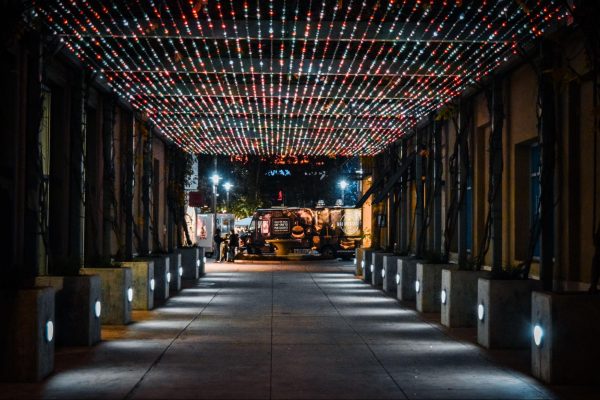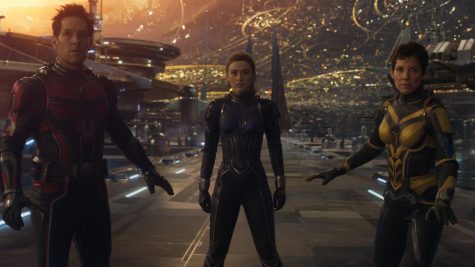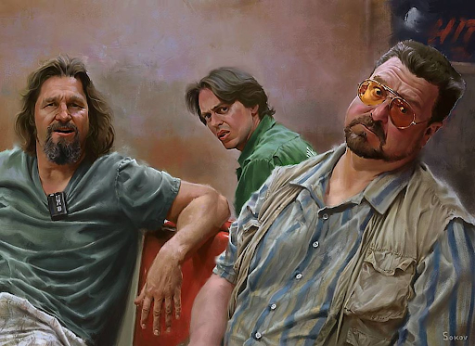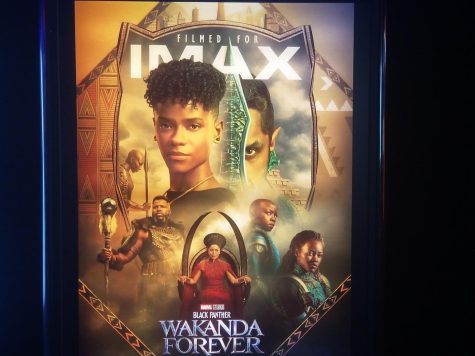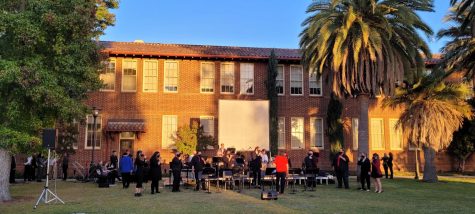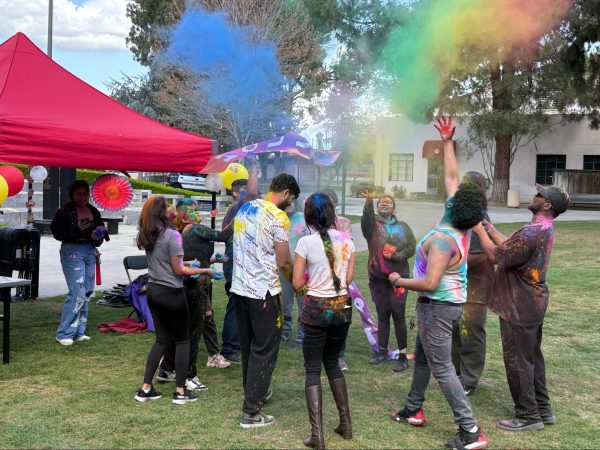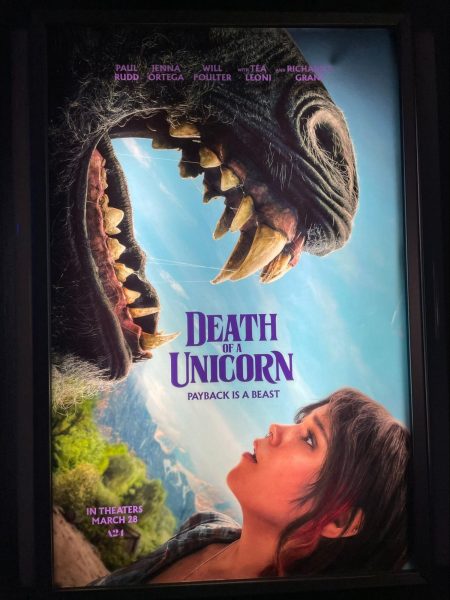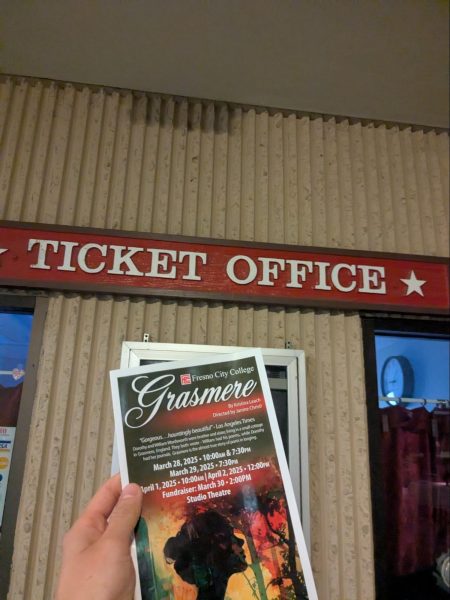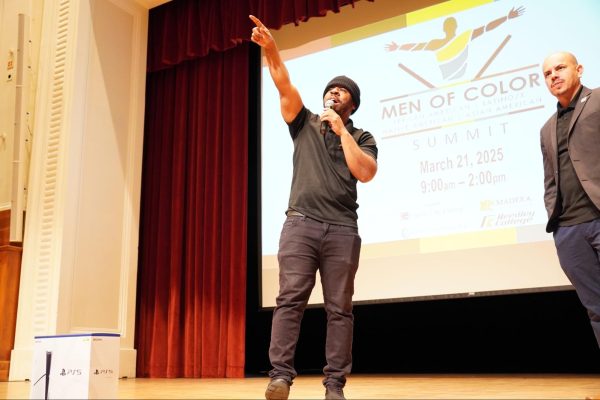The Reign and Legacy of ‘The Fresh Prince of Bel-Air’
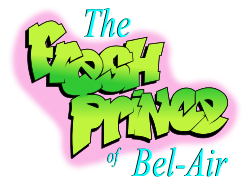
Photo by: Photo/Courtesy of Wikimedia Commons
“The Fresh Prince of Bel-Air” as informed many other black-centric sitcoms and movies, leaving a legacy of representation.
“The Fresh Prince of Bel-Air” stands out as one of the greatest sitcoms to grace our TV screens during the 1990s. Through both humor and seriousness, the show managed to captivate audiences in a way that has yet to be replicated. It also served as an inspiration to many of the shows that would follow in its footsteps, all while helping change the way people of color were seen on TV.
Starring actor Will Smith, and loosely based on his own life, “Fresh Prince” revolved around a streetwise, fatherless teen from Philadelphia who moves in with relatives in the upscale California community of Bel-Air.
Will’s aunt, uncle and three cousins are a family of class and wealth. In an era when most black television characters were portrayed as poor, from the streets, considered ghetto or painted as criminals, the show really broke away from these stereotypical images.
By allowing its characters to run against the grain of social and cultural prejudices African Americans had for so long been subjected to, the hit show helped usher in a black socio-cultural movement that is still seen in TV and movies today.
Constantly clashing with his family about how he believed they should be reacting to situations, or carrying themselves, Will demonstrated the difference between life in the ghetto and life in the suburbs. The show achieved this while shifting the narrative of how characters of color that were portrayed in television had to act or think.
The effect that “Fresh Prince” has had on modern cinema and TV today can be seen across the boards; even in movies like “Black Panther” and shows like “Atlanta.”
In “Black Panther,” Wakanda is shown as a technologically advanced, wealthy and sophisticated African society, which goes against the way African culture and kingdoms have been portrayed in movies up until that time.
“The Fresh Prince” offered an entertaining and optimistic outlook on a lot of situations that occurred throughout the 1980s and 1990s—many very laughable and joyful, but some very dark.
From Will driving home drunk and having a dream where he learns his lesson via ghosts in a graveyard, to the famous line where Will’s friend Jazz—who is being asked to place his hand on the bible in court by an officer but refusing to put his hands down—says “No way. Dude’s got a gun, next thing you know I got six warning shots in my back.”
“The Fresh Prince” has managed to remain culturally relevant even 24 years after the show initially had its finale. Programs like “The Jamie Foxx Show,” “My Wife and Kids,” and “Everybody Hates Chris” are just a few of the shows where this show’s influence can be seen.
The show has even managed to produce some of the internet’s favorite gifs and memes. Even scenes like Will asking Uncle Phil why his father never wanted him have managed to make a comeback and go viral on social media.
Will Smith has come out and said that, despite the rumors, he does not plan to produce a reboot which solidifies the program’s legacy as one of the greats.
The show is a one-of-a-kind sitcom that can never be duplicated, truly making “The Fresh Prince of Bel-Air” reign supreme.
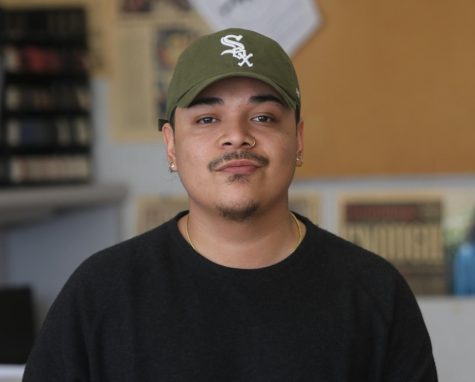
Ricardo A. Reyna is Journalism major at Fresno City College whose list of titles include student journalist/ reporter, photographer, editor, audio engineer...

